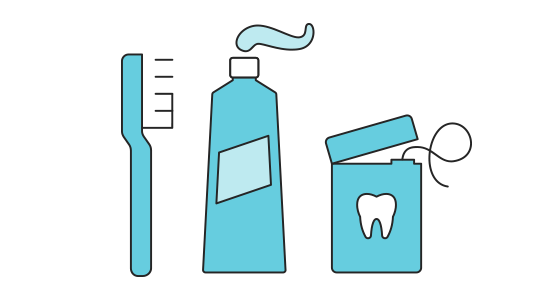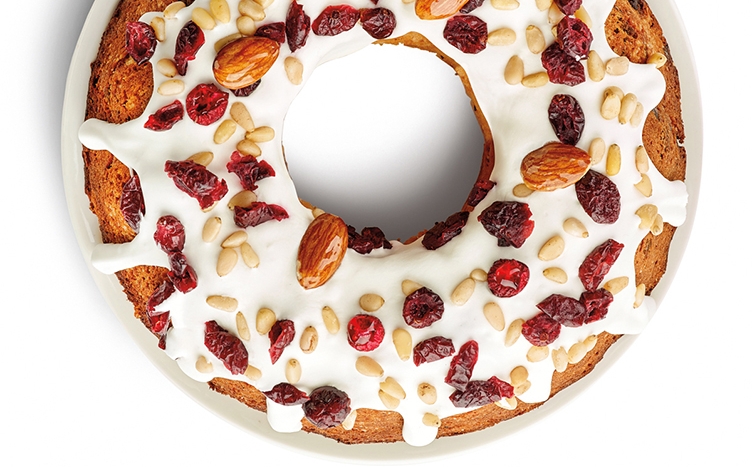"How can I get my kids to brush and floss?"
Readers ask, we answer: Brushing and flossing for kids
Charlotte asks:
Have a question you’d like us to answer? Send it to grin@deltadental.com, and it could be featured in an upcoming issue.
Hi, Charlotte! Getting your kids to brush and floss doesn’t have to feel like pulling teeth. Here are some ways to make the experience positive, creative and fun for kids — from toddlers to teens — so that as they mature, they can take pride in keeping their smile healthy.
0–1 year old
Introduce words such as “dentist” and “toothbrush” to your child’s vocabulary. Take your child to the dentist by age 1 or within six months of his or her first tooth. Your dentist and hygienist can provide you with tips on how to develop an effective oral health routine for your child.
2–4 years old
Let your children pick their own toothbrush and toothpaste. There are plenty of fun colors, characters and flavors to choose from! You can play their favorite music while you help them brush. Model good behavior by showing your children how you brush and floss. They can practice what they learn on a doll or other toy.
5–7 years old
Your children should be able to brush and floss on their own, so use a calendar and stickers to keep track of their progress. Provide plenty of praise. You can offer rewards such as a new toy, a favorite game or a later bedtime to celebrate a milestone, such as a positive dental checkup. Your child is actively learning, so provide educational materials about good oral health, the Tooth Fairy and what dentists do.
8–11 years old
To ensure that your kids brush for two full minutes, provide them with a cellphone timer, an hourglass or a wind-up kitchen timer that they can use to keep track. Need more ideas? Check out Grin! for Kids to share with your kids similar, fun activities that teach them about oral health, including science experiments.
12+ years old
As your children mature, you can introduce them to new tools for their daily oral health routine. Give them an electric toothbrush or water flosser to use. Tell your pre-teens and teenagers how great their smiles look so they appreciate the positive effects of brushing and flossing. If they have braces, make sure they have tools to adapt their brushing and flossing techniques. As they make new friends, they’ll be confident in showing their healthy smiles!
5 ways to wake up your morning routine
To start the day well, take these steps to fortify your mind and body.
The long, strange history of fruitcake
From ancient Romans to boiled beef to royal weddings, fruitcake has had a long and sometimes just plain weird path to its place at the holiday table.
’Tis the season for the winter smile list
The temperature might be dropping, but these fun activities and ideas are hotter than ever!









